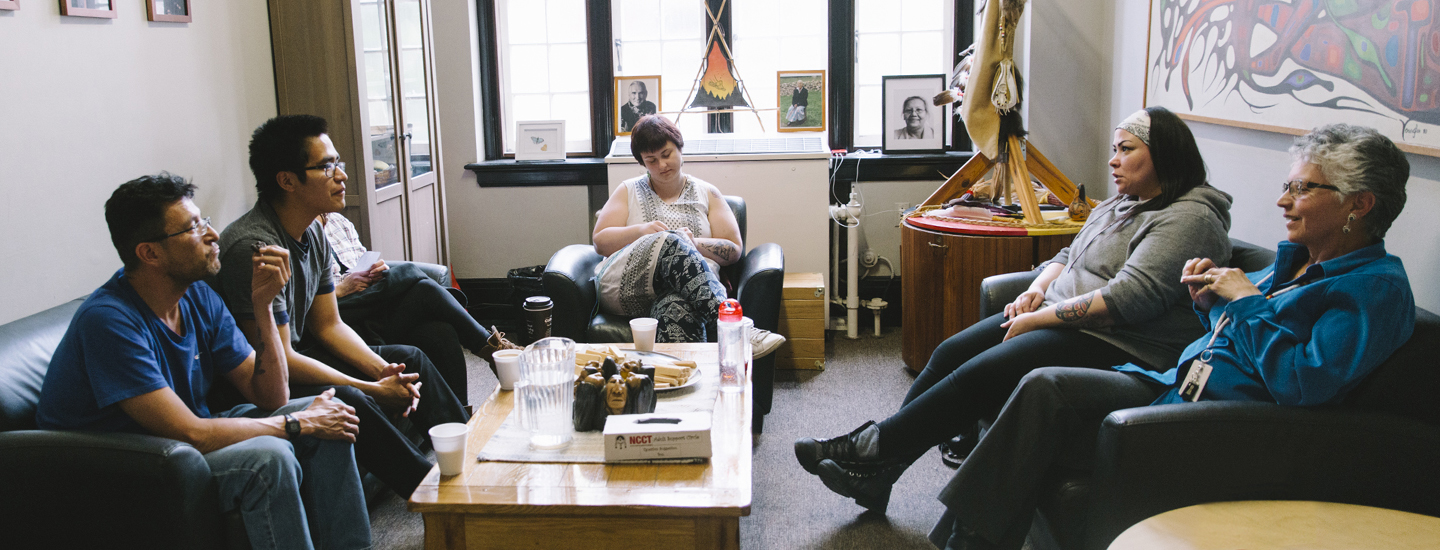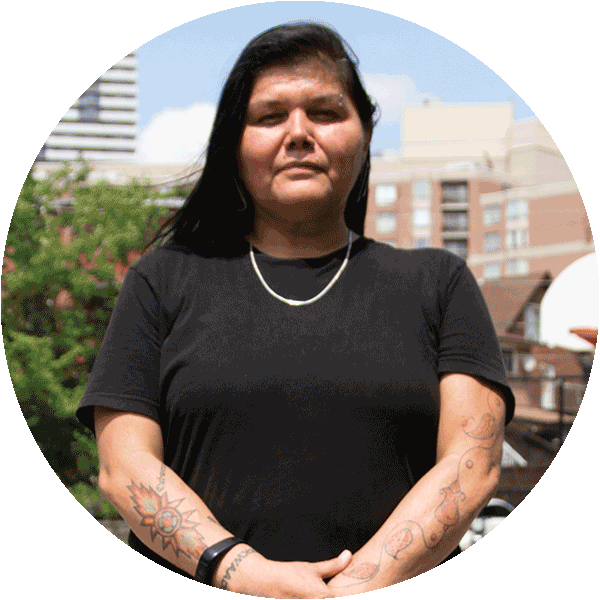
Ongoing violence and discrimination permeate Canadian culture. It has emerged from our history of colonialism, systemic racism, and other intersecting oppressions. It has resulted in persistent barriers, exploitation, and limited access to opportunities for Indigenous, Black and other structurally disadvantaged groups over generations. It all leads to long-term social, economic and health disparities.
We recognize that improving the lives of everyone in the communities we serve means we must explicitly focus on removing barriers for those most harmed by them. This includes addressing the belief systems and attitudes, systems, policies, practices that privilege some and disenfranchise others. It is only through this intentional work that we can aspire to create the conditions that allow everyone the opportunity to thrive.
We are not immune to these social issues. In the past, we have unintentionally played a part in maintaining systems that perpetuated disparities and barriers to opportunities. We are now going to intentionally remove those barriers.
This means changing our organization’s policies, processes and practices that systemically exclude or disadvantage these groups. And it means working in closer partnership with the people and communities that our work is intended to benefit.
We can and will use the principles of reconciliation and equity to make clear and measurable changes to eliminate systemic racism and discrimination from our work. In doing this, we will continue to demonstrate commitment to fighting poverty in all its forms.

Our Vision for Reconciliation & Equity:
Communities where Indigenous sovereignty is honoured; where people’s unique identities, experiences, and voices are valued, celebrated, and protected; and where all have the resources and social capital to ensure their wellbeing and prosperity.
Our Commitment to Reconciliation & Equity:
In September 2020, we endorsed a commitment to make explicit our commitment to reconciliation and equity as integral to advancing our mission.
By 2024, we aim to:
1. Be an equitable organization
Staff, Board, Committees and Cabinets will be representative of the communities with which we work, and staff will be supported to ensure our recruitment and performance outcomes meet our equity goals.
Our targets:
- 50% gender parity (those who identify as women and non-binary) and 30% representation of under-represented groups including Indigenous, racialized persons, 2SLGBTQ and people living with disabilities on Board, Committees, Cabinets and across all staff.
- 80% of staff from under-represented groups agree or strongly agree to key inclusion and equity metrics in United Way’s bi-annual Reconciliation and Equity survey and progress report.
2. Be an equitable fundraiser and funder
Funded organizations will be better able to work in the way that is best for the communities they serve. To achieve that, leadership of funded organizations will be more reflective of the communities they serve, and United Way’s investment portfolio will have a greater percentage of agencies led, focused and serving equity deserving groups. Programs in our community investment portfolio will be directed to Indigenous and equity-deserving populations proportional to those groups most impacted by poverty. Our staff, volunteers, and donors will be aligned in this direction to support an equitable philanthropy that is directed by the needs of community.
Our targets:
25% +
of all funded agencies will serve and focus on equity-deserving groups, including those led by Indigenous and Black organizations
80%
of funded agencies achieve 50% gender parity (those who identify as women and non-binary) and 30% representation of under-represented groups
90% +
of funds raised are unrestricted, in order to meet evolving needs as identified by community
3. Support equitable outcomes in community
Research, convening, policy, advocacy, and funded programs will be designed with people with lived experience to drive equitable outcomes for the people and communities most impacted by poverty.
Our targets:
- 65% of funded agencies collect disaggregated data to understand the socio-demographic data of people served.
- 100% of public policy advocacy activities address systemic discrimination and inequities.
September 18, 2019
Land acknowledgements: uncovering an oral history of Tkaronto
The GTA has been home to Indigenous peoples for millennia. Here, Sara Roque and Selena Mills share their reflections on this land